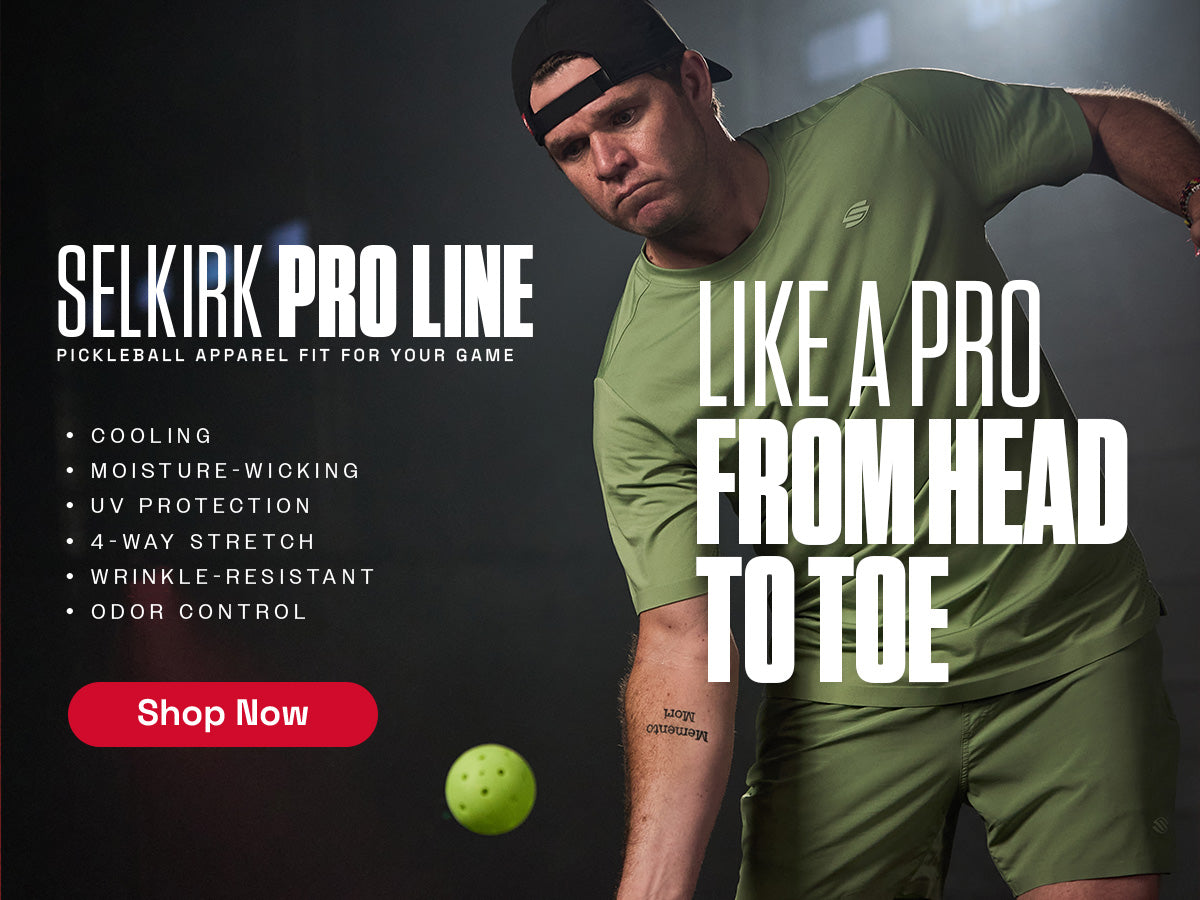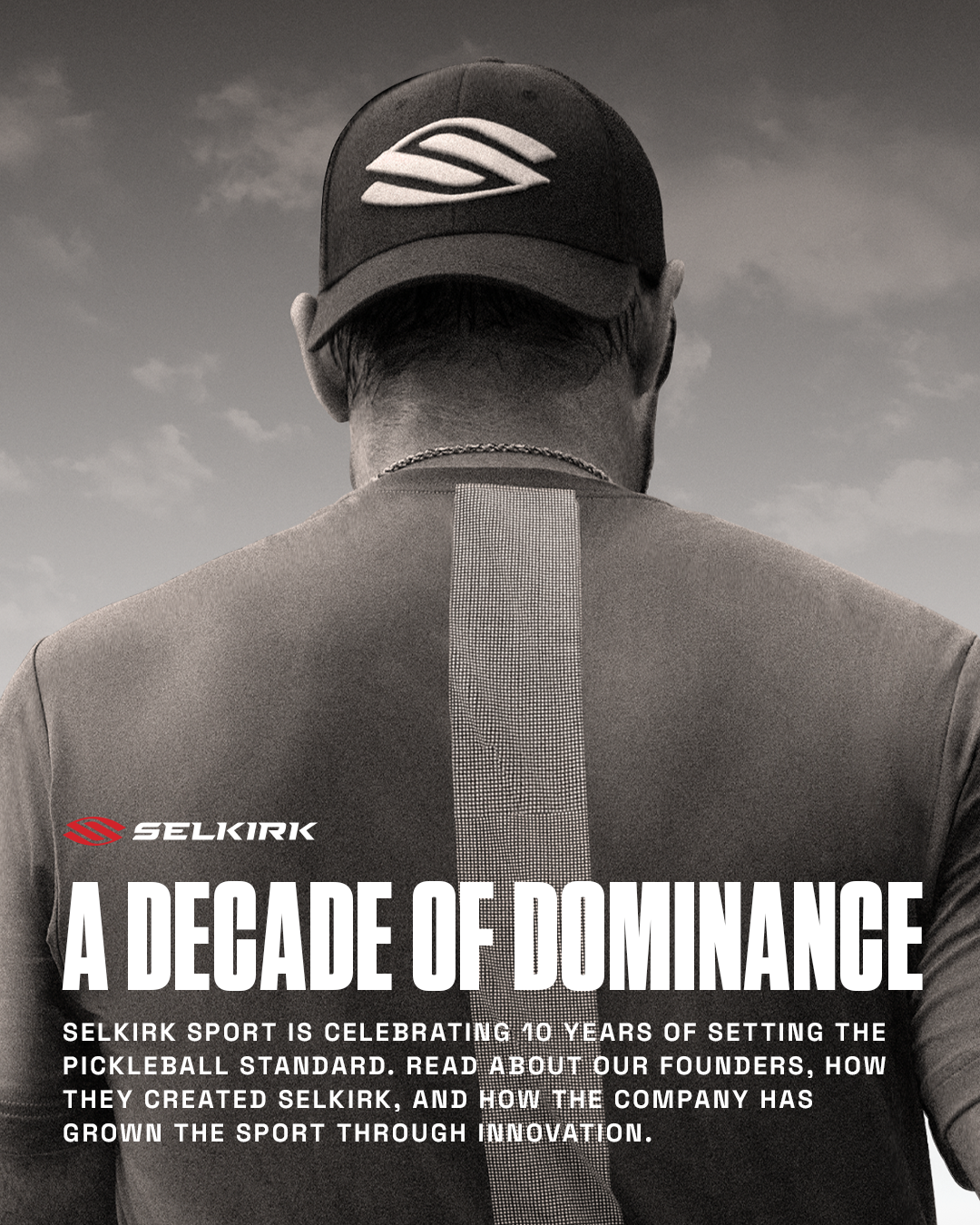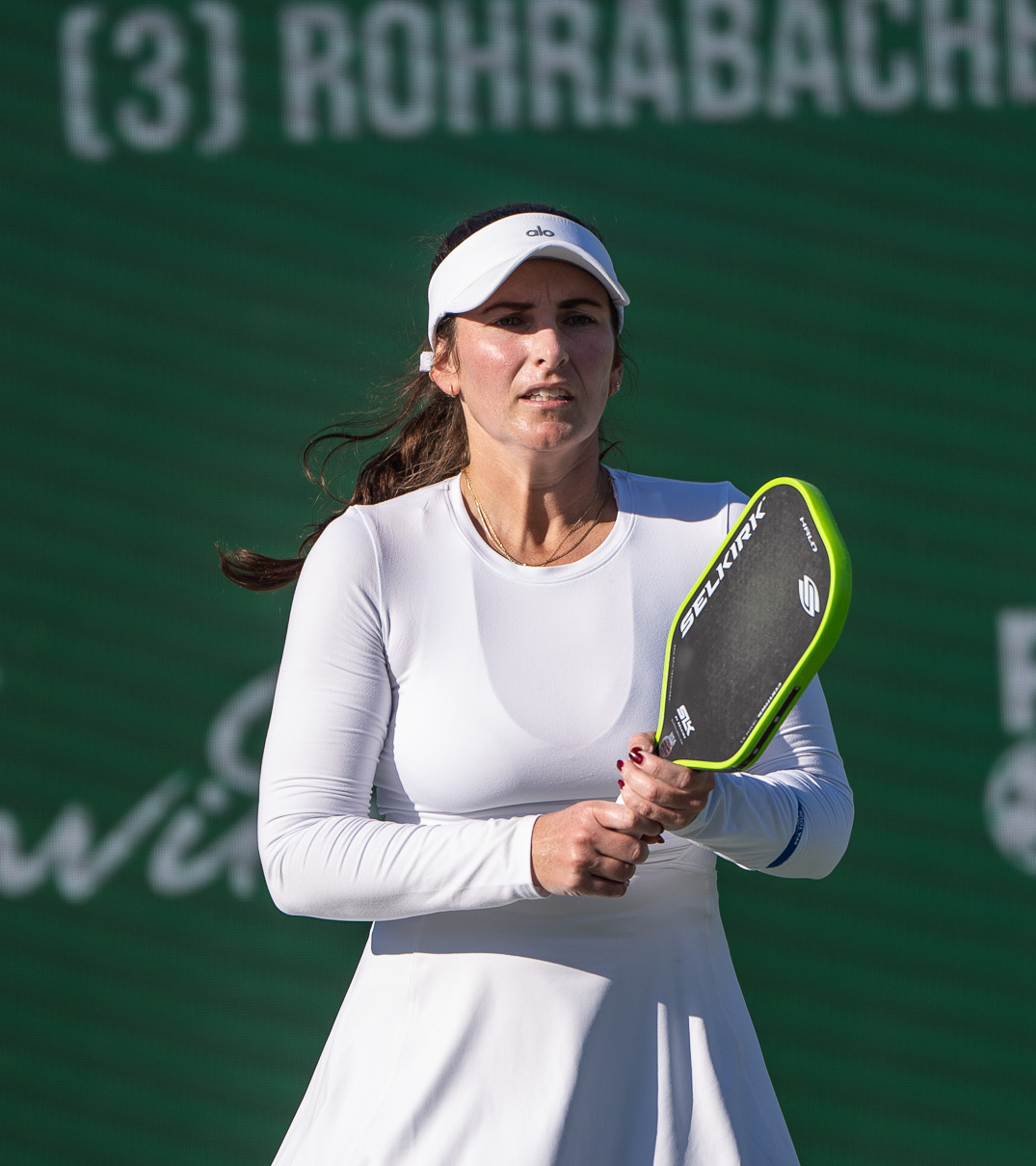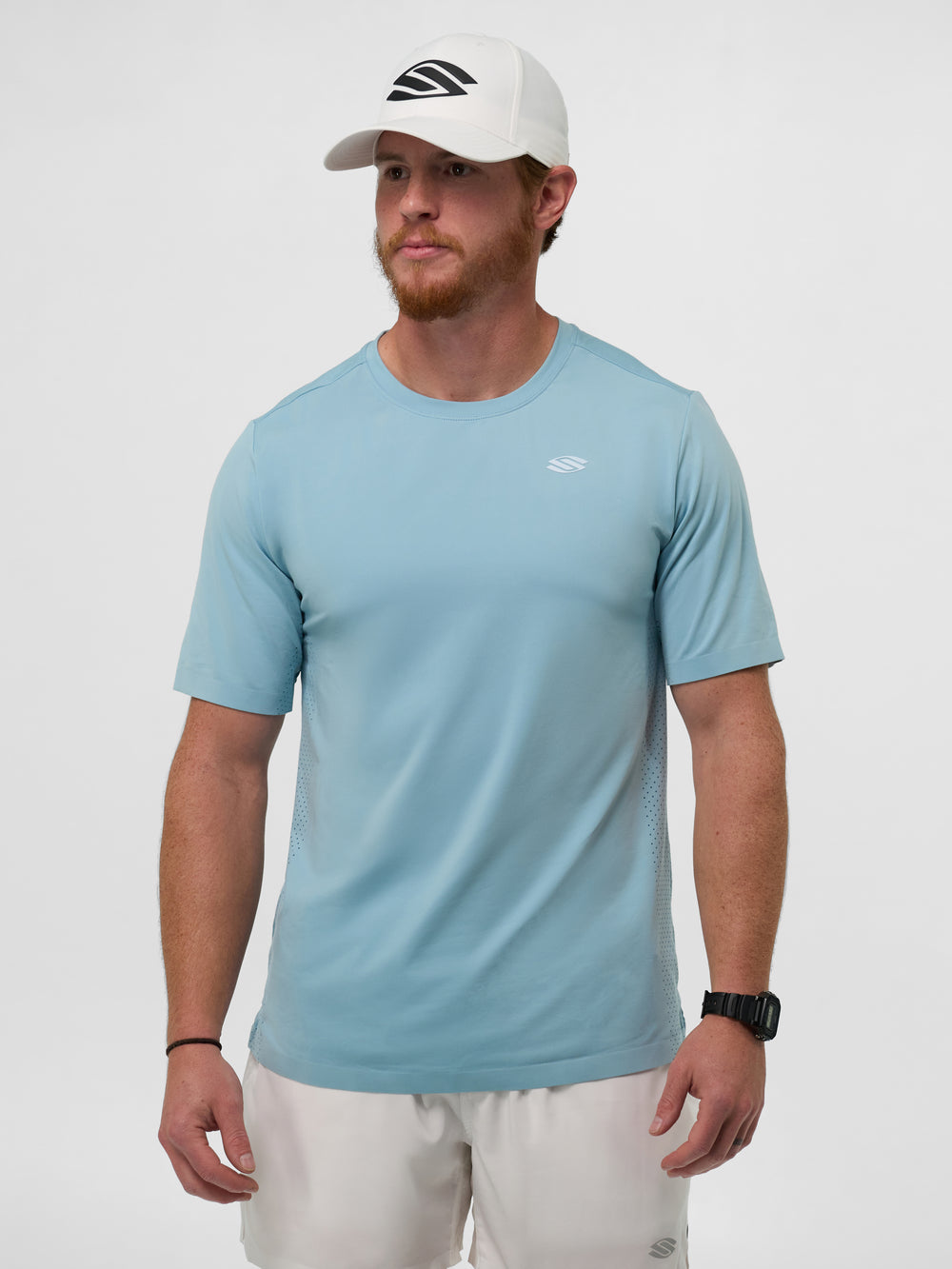If you’ve been playing pickleball for a while, you’ve likely noticed many players upgrading their pickleball paddles as they improve.
You might have started with a basic paddle from Amazon or a big box store, but now you're wondering: "Do I need the most expensive pickleball paddle to play well?"
This is a common question, and the answer depends on several factors, including your skill level, playing style, and budget. In this blog, we’ll break down what you need to know when considering whether to splurge on a high-end pickleball paddle.
Cost vs. benefit: Do you get what you pay for?
It's true that not all pickleball paddles are created equal. Higher-end paddles often feature advanced materials like carbon fiber, raw carbon, and fiberglass, which can provide more control, power, or spin.
However, you don’t necessarily need the priciest paddle to perform well on the court. The key is finding a paddle that matches your current level of play and style. Your game will naturally evolve, and as it does, your paddle needs may change too.
A mid-tier pickleball paddle can offer great value, providing a balance between quality and affordability. Focus on what aspects of the game you're looking to improve — whether it’s control, power, or spin — and match that with a paddle that complements your goals.
Your skill level: What type of pickleball paddle should you use?
It’s important to note that a better pickleball paddle won’t automatically elevate you from a 3.0 player to a pro. Instead, it will help you better utilize the skills you already have.
For beginners or players still honing their skills, a mid-tier paddle is often the perfect next step. Look for paddles that feature a large sweet spot and a wider face, as these can help improve your accuracy and control without requiring advanced technique. This will allow you to refine your skills and become more comfortable executing a variety of shots.
As you advance, you can explore more expensive paddles designed for intermediate or advanced players. These paddles are often tailored to specific play styles, like control or power, and can help you fine-tune your performance at a higher level of play.
Durability: Does a higher price mean longer-lasting?
One of the advantages of investing in a higher-quality paddle is durability. Paddles made by established, pickleball-specific brands tend to use better materials and more refined manufacturing processes. This often translates to a paddle that lasts longer than budget-friendly starter paddles, which can wear down faster due to the use of cheaper materials.
While some starter paddles might look similar to more expensive ones, they can be more prone to cracking or breaking under heavy use. When choosing a new paddle, consider companies that offer warranties or customer service programs that stand behind the longevity of their products.
Do the pickleball pros always use the most expensive paddles?
Not all professional pickleball players opt for the most expensive paddles. Instead, they choose paddles that suit their playing style and provide the performance they need.
For example, Rachel Rohrabacher, a top-level pro, plays with the SLK Halo — a well-regarded but moderately-priced paddle. Similarly, Jack Sock started his professional pickleball career with the LUXX Control Air, a premium-priced paddle, but has since switched to the AMPED Pro Air, a moderately-priced paddle, as his game has evolved.
There are many quality pickleball paddles under $100 that are suitable for any level of play.
This highlights the importance of finding the best pickleball paddle for you, rather than focusing solely on price.
Choose the right pickleball paddle for your game
In today’s pickleball market, paddles are specifically designed to support different styles of play. If you're a control player, look for a pickleball paddle with a wider face and a larger sweet spot to help you place the ball with precision. Power players, on the other hand, might prefer thinner, elongated paddles that help generate more force behind their shots. You may prefer to trust your fellow pickleball players and choose a highly-rated pickleball paddle.
The best way to know what works for you is to try out different paddles. Many retailers and pickleball facilities offer pickleball paddle demo programs, allowing you to test a variety of options before making a purchase.








































































